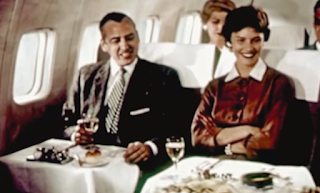Then we picked her up, so thin and bony, wasted by her illness. We carried her to the grave we had prepared for her out in the east pasture. It’s getting to be a little crowded back there, with Molly and Dinah and Cat and now Missy. Maybe that’s one way to grade the meaning in your life – the number of animals who loved you unconditionally and who you grieved over and buried in your pasture. We gently arranged her body on her bed – in the same position she used when she slept on it. We said a prayer.
Then very slowly, very gently we covered her with the soil of home. We replaced the buffalo grass and blue grama and flax in a low mound that will slowly even out over the fall and winter. By next summer, it will be shortgrass prairie again and her body will return to the land she loved.
But her memory will live on. Her long, loping stride when she was in her prime. Her gentle dark brown eyes. Her love for a good ear rub. Her embarrassment at public displays of affection from cats. She was a kind, sweet, gentle soul who came into our lives and loved us unconditionally. She never judged us, always trusted us. She waited every day for just a little bit of our time – a run, a few throws of the tennis ball, her breakfast or dinner. She was meek and kind and humble. She was what we all wish we could be. She loved as we all wish we could love.
And her spirit will live on. If you were to ask, “Do you think you’ll see her again?” I’d probably answer flippantly that no one as ornery and prideful and mean-spirited as I am should ever be allowed to sully the afterlife of a great dog like that. But what I’d really be thinking is that God would never have given us a dog like that if He thought that we’d only have a few years with her. What I know in my heart is that she’ll be there when we get there, and she’ll be strong and fast and full of life and happy to see us again.
Most of the important things in life aren’t easy. Birth, death, love – all are hard, terribly hard sometimes. The very foundations of our lives are built of hard things, as they should be. Foundations, if they are to be foundations, must be hard to be strong. You blessed our lives in so many ways, old dog. God be with you ‘til we meet again. We love you.
-Grandpa



































